MGM
In October 1958 Peppard appeared on Broadway in The Pleasure of His Company (1958) starring Cyril Ritchard, who also directed. Peppard played the boyfriend who wants to marry Dolores Hart who was Ritchard's daughter; The New York Times called Peppard "admirable". The play was a hit and ran for a year.
During the show's run Peppard auditioned successfully for MGM's Home from the Hill (1960) and the studio signed him to a long-term contract - which he had not wanted to do but was a condition for the film. In February 1959, Hedda Hopper announced Peppard would leave Company to make two films for MGM. Home from the Hill and The Subterraneans.
Home from the Hill was a prestigious film directed by Vincente Minnelli and starring Robert Mitchum, who played Peppard's father. It featured several young actors MGM was hoping to develop, including Peppard, George Hamilton, and Luana Patten. During filming Peppard said "Brando is a dead talent - I saw him in The Young Lions” but said Peck is "a man of integrity as a star and a person. Lee Strasberg is the only person I know who is brilliant."
"I want to be an actor and proud of my craft," said Peppard. "I would like to be an actor who is starred but being a star is something you can't count on whereas acting is something I can work on." It was a success at the box office, although the film's high cost meant that it was not profitable.
Peppard's next film for MGM was The Subterraneans, an adaptation of the 1958 novel by Jack Kerouac co-starring Leslie Caron. It flopped and Peppard said "I couldn't get arrested" afterward.
He had meant to follow The Subterraneans by returning to Broadway with Julie Harris in The Warm Peninsular but this did not happen. In April 1959 Hedda Hopper said he would be in Chautauqua but that was not made until a decade later, starring Elvis Presley, as The Trouble with Girls (1969). At the end of 1959, Hopper predicted Peppard would be a big star saying "he has great emotional power, is a fine athlete, and does offbeat characters such as James Dean excelled in."
Sol Siegel announced he would play the lead in Two Weeks in Another Town. (Kirk Douglas ended up playing it.) He was also announced for the role of Arthur Blake in a film about the first Olympics called And Seven from America which was never made.
Peppard returned to television to star in an episode of the anthology series Startime, "Incident at a Corner" (1960) under the direction of Alfred Hitchcock alongside Vera Miles. He played Teddy Roosevelt on television in an episode of Our American Heritage, "The Invincible Teddy" (1961).
Film stardom
George Peppard in Breakfast at Tiffany's (1961)
His good looks, elegant manner, and acting skills landed Peppard his most famous film role as Paul Varjak in Breakfast at Tiffany's with Audrey Hepburn, based on a story by Truman Capote. Director Blake Edwards had not wanted Peppard but was overruled by the producers. He was cast in July 1960. During filming Peppard did not get along with Hepburn or Patricia Neal, the latter calling him "cold and conceited."
In November 1961, a newspaper article dubbed him "the next big thing". Peppard said he had turned down two TV series and was "concentrating on big screen roles." His contract with MGM was for two pictures a year, allowing for one outside film and six TV appearances a year, plus the right to star in a play every second year. "In a series, you don't have time to develop a character," he said. "There's no build-up; in the first segment you're already established."
He was meant to appear in Unarmed in Paradise which was not made. He bought a script by Robert Blees called Baby Talk but it was also unmade.
Instead, MGM cast him in the lead of their epic western How the West Was Won in 1962 (his character spanned three sections of the episodic Cinerama extravaganza). It was a massive hit.
He followed this with a war story for Carl Foreman, The Victors (1963), made in Europe. He was offered $200,000 to appear in The Long Ships but did not want to go to Yugoslavia for six months. He was going to do Next Time We Love with Ross Hunter but it was never made.
He starred in The Carpetbaggers, a 150-minute saga of a ruthless, Hughes-like aviation and film mogul based on a best-selling novel of the same name by Harold Robbins. The cast included Elizabeth Ashley, who had an affair with Peppard during filming and later married him. She described him as "some kind of Nordic god – six feet tall with beautiful blond hair, blue eyes, and a body out of every high school cheerleader's teenage lust fantasy." Ashley claimed Peppard "was never late on set and he had nothing but scorn for actors who weren't professional enough to keep that together."
She added that Peppard:
Never was one of those actors who believes his job is to take the money, hit the mark, and say the lines and let it go at that. He felt that as an above-the-title star, he had the responsibility to use his muscle and power to try and make it better and that has never stopped him. He was unrelenting about it, to the point where a lot of executives and directors came to feel he was a pain in the a**. But the really talented people loved working with him because of all his wonderful creative energy.
"My performances bore me", said Peppard in a 1964 interview, adding that his ambition was to deliver "one great performance. And I must say I feel a little presumptuous to shoot for that. But that's the goal, like a hockey goal. I figure I've got a choice ... not of the outcome but of the objective. And my objective is that one performance."
Peppard returned to television to do Bob Hope Presents the Chrysler Theatre, "The Game with Glass Pieces".
For MGM he appeared in Operation Crossbow (1965), a war film with Sophia Loren. It was the first film he made under a new contract with MGM to do one movie a year for three years.
He was meant to follow this with an adaptation of the play Merrily We Roll Along but it was never made.
"I'm an actor, not a star," he said around this time, adding that he looked for "three things" in a film, "a good director, a good part, and a good script. If I get two out of three of those I'm satisfied."
Peppard starred in a thriller, The Third Day (1965) with Ashley who had become his second wife. The film was directed by Jack Smight who claimed Warner Bros only agreed to finance it because they had a deal with Peppard. Peppard said when he made the film "I wasn't just broke I was up to my ears in debt."
He was announced for The Last Night of Don Juan for Michael Gordon but it was not made. He was cast as the lead in Sands of the Kalahari (1965) at a fee of $200,000 but walked off the set after only a few days of filming in March 1965 and had to be replaced by Stuart Whitman. Paramount sued Peppard for $930,555 in damages and he countersued.
Ashley later wrote:
What tormented George so badly was that he was caught between being an actor and a movie star. He did not start off as an untalented pretty nothing who had to be grateful for any piece of meat that was thrown his way. He was intelligent and talented but because he was six foot tall with blond hair and blue eyes he had been put in the slot of being a movie star at a time when the movie studios were still very powerful and expected you to play the game by their rules... I don't think it was possible to be a male movie star who looked like he did and got hot when he did and not be trapped by it.
He had a huge hit with The Blue Max (1966), playing a German World War One ace, alongside James Mason and Ursula Andress, directed by John Guillermin. "He could carry these big films," said Filmink.
Film critic David Shipman writes of this stage in his career:
"With his cool, blond baby-face looks and a touch of menace, of meanness, he had established a screen persona as strong as any of the time. He might have been the Alan Ladd or the Richard Widmark of the sixties: but the sixties didn't want a new Alan Ladd. Peppard began appearing in a series of action movies, predictably as a tough guy, but there were much tougher guys around — like Cagney, Bogart, and Robinson, whose films had now become television staples."
Peppard played a German Jew fighting for the Allies in Tobruk (1967) alongside Rock Hudson. "It's a big mistake to think I'm making a lot of money and turning out a lot of c***," he said in a 1966 interview.
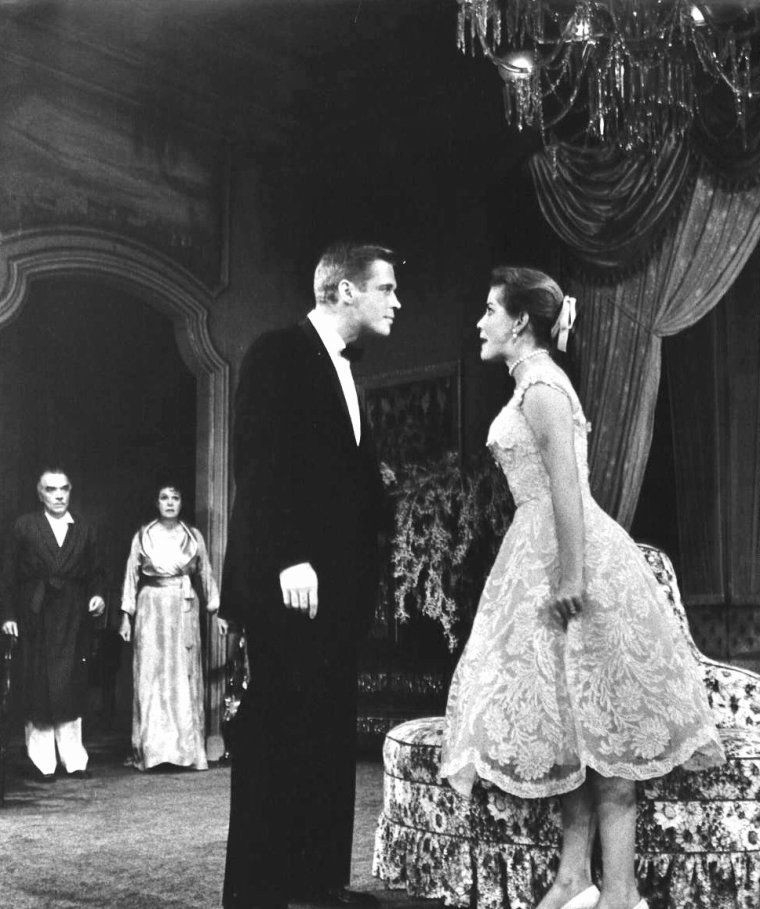
 Amanda S. Stevenson
Amanda S. Stevenson 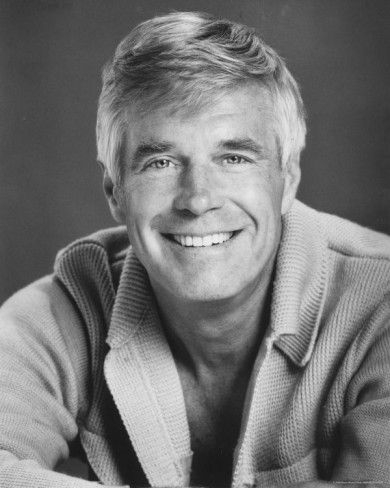
 Dwayne Pounds
Dwayne Pounds 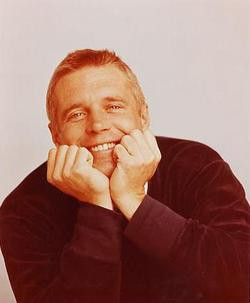
 Amanda S. Stevenson
Amanda S. Stevenson 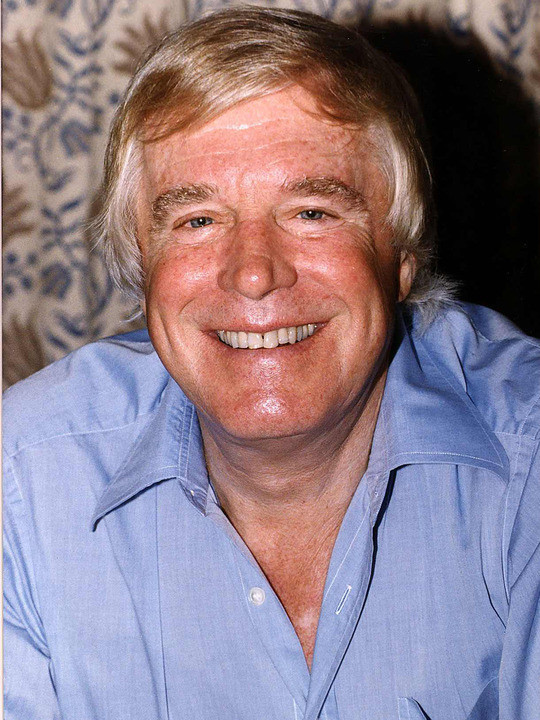
 Dwayne Pounds
Dwayne Pounds 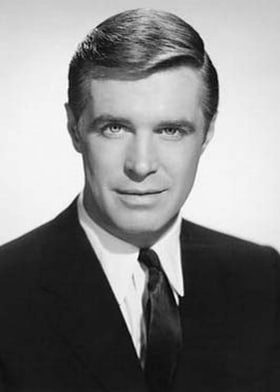
 Dwayne Pounds
Dwayne Pounds 